Affiliate links on Android Authority may earn us a commission. Learn more.
Tested: Can a gaming phone outperform the Samsung Galaxy S23 Ultra?
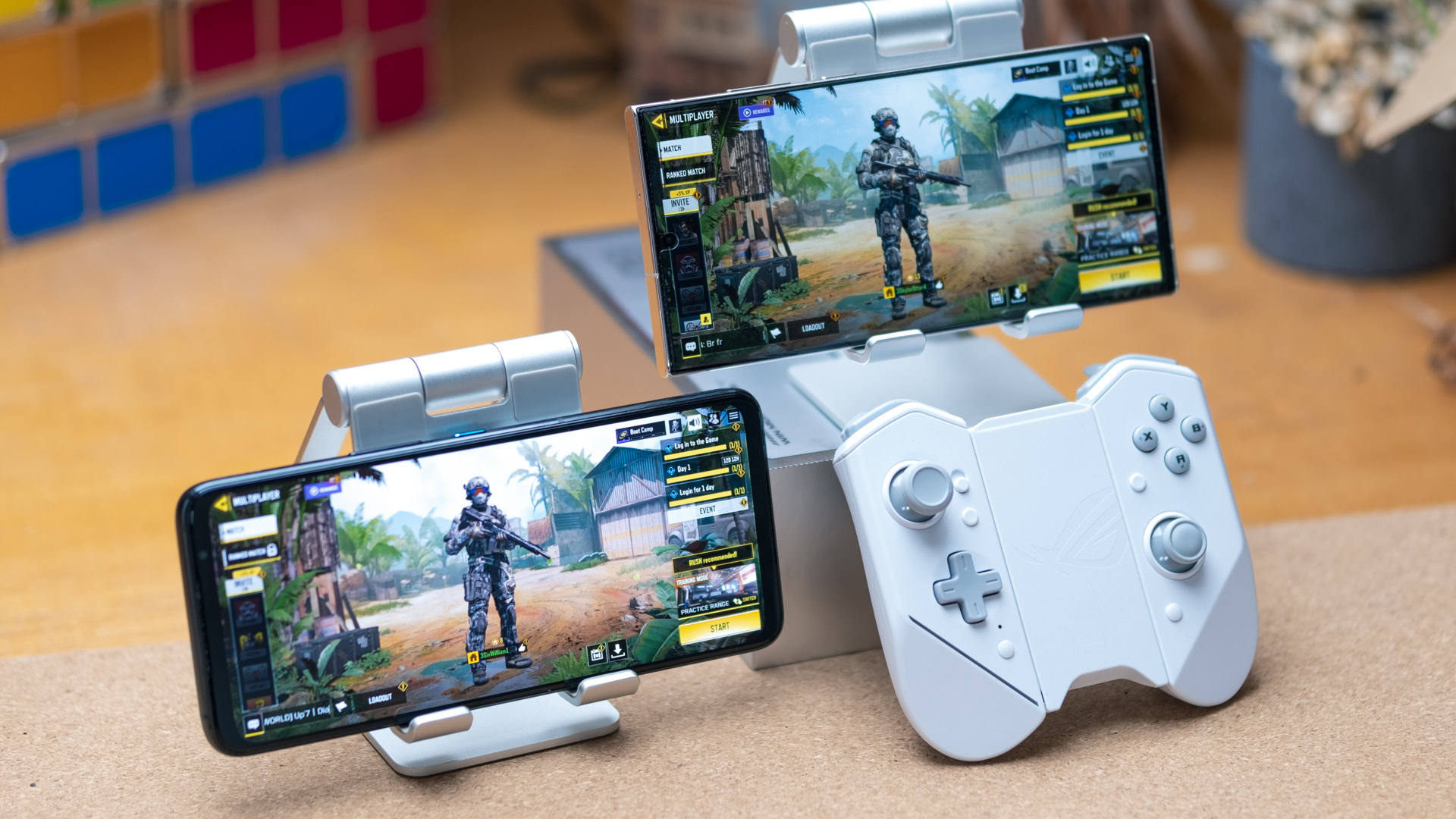
Mobile gaming is a bit of an umbrella term, covering everything from filling the time on public transport to competitive e-sports tournaments. If you’re at the more serious end of the mobile gaming scale, you might have looked into one of the best gaming smartphones to gain a competitive edge. But do these handsets really move your gaming up an extra level?
To test, we’ve stacked the ASUS ROG Phone 7 Ultimate against the Samsung Galaxy S23 Ultra. Let’s dive deep into some real game performance metrics to see what, if any, difference you get with a gaming phone versus a dedicated flagship.
Samsung Galaxy S23 Ultra vs gaming phone frame rates
Before we crunch the numbers, a quick look at the phones’ internal specifications. Both handsets sport a Qualcomm Snapdragon 8 Gen 2 processor, with 12GB LPDDR5X RAM in the Galaxy S23 Ultra and 16GB LPDDR5X RAM in the ROG Phone 7 Ultimate. The extra RAM won’t make a difference when running a single game, though Samsung has a souped-up Snapdragon 8 Gen 2 for Galaxy, complete with higher clock speeds that give it a theoretical edge. However, the key will be whether the phone can sustain its performance as well as the ROG.
For the test below, we put the phones into their equivalent high-performance modes to ensure they work as hard as possible. That’s X-Mode in ASUS’ Armoury Crate software and “Performance” preference in Samsung’s Game Launcher. Since data is captured over USB, we enabled bypass charging mode on both phones to avoid excess heat. We didn’t use additional cooling, such as ASUS AeroActive Cooler 7, in any of these tests.
A ‘jank’ occurs when a gaming frame is not rendered fast enough to meet the required frames per second. For example, if a game is averaging 60 frames per second (fps), but several frames drop to 40fps, you would register this as a distracting lag or jank in the gameplay. So janks are bad, as the game appears unsmooth and can be detrimental to gameplay if they occur at important moments.
First and foremost, both phones offer a high-end gaming experience, allowing for maxed-out graphics and fast frame rates. However, there are some clear differences, despite the specification similarities. Even in the short round-based nature of COD Mobile, we see similar average frame rates bar far more dips with the Galaxy S23 Ultra that aren’t there with the ROG Phone 7 Ultimate.
We had been a little concerned about the Galaxy S23 Ultra’s sustained performance in previous benchmark sessions, and it turns out those concerns were founded. Although the phone starts out at a virtually locked 60fps at the start of a PUBG Mobile round, the frame rate became much more variable after five minutes of gameplay. This suggests heat dissipation, and therefore throttling, is still a minor issue with the handset.
Although the average frame rates hold up in the ideal range of 55-60fps for the whole match, tracking minimum frame rates shows results dips in the low 50s and even very noticeable 40fps janks, the latter of which you can definitely feel during gameplay. While the odd stutter isn’t a complete deal breaker, it’s clear that the ASUS ROG Phone 7 Ultimate offers a far smoother experience for longer periods of time.
Higher clock speeds don't equate to better superior performance for the Galaxy S23 Ultra.
Our third and toughest test is emulating the fast-paced F-Zero GX on the Dolphin Emulator. While even the best phones can’t lock a rock-solid 60fps here, we again see far more dropped frames and janks with the Galaxy S23 Ultra. The frame rate is also notably worse in the second half of the test. The same stages repeat but with a lower average frame rate, with averages close to 55-60fps the first time around, falling closer to 50-55fps about 15 minutes later. Again this points to heat and performance throttling being an issue for the Samsung phone. We see a similar issue but to a far less extent with the ASUS ROG Phone 7, owing to a far bulkier internal cooling solution.
The clear takeaway is that gaming phones, like the ASUS ROG Phone 7 Ultimate, offer tangible benefits at locking down high frame rates in the most demanding mobile titles. Our best guess as to why most likely lies in the phone’s bulky cooling system to keep GPU clocks running higher for longer, along with task prioritization that assigns more CPU resources to graphics threads to reduce dropped frames.
Although phones have different processors and can handle task prioritization differently, the biggest contributor to major frame rate drops and game janks is performance throttling. Once internal temperatures rise, processor clock speeds are throttled back to prevent further heating, reducing performance and causing frame rates to drop.
Why would you need a gaming phone?
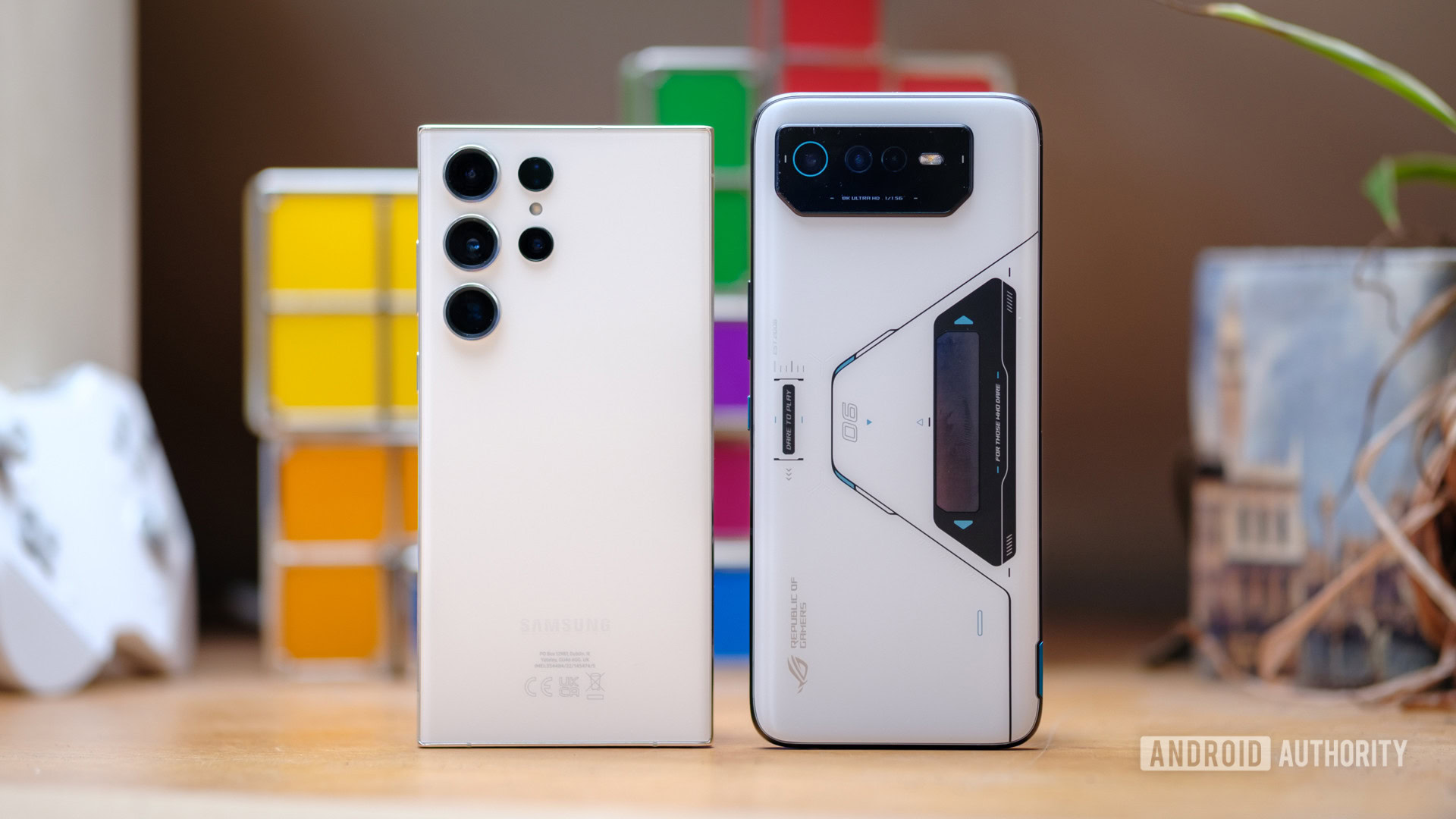
Additional performance may already be a compelling enough reason to snag a dedicated gaming phone, but they also typically offer additional perks too. For instance, the ASUS ROG Phone 7, nubia REDMAGIC 8, and others come with shoulder triggers to map touchscreen controls to physical presses. They go much deeper, too, with granular customizations as part of a dedicated gaming app and/or overlay, often including per-game refresh rates, quick performance mode swapping, macro support, recording and streaming features, key mapping, and often even more.
Gaming phones also bring community aspects to the mobile gaming experience, with social media and chat features integrated into their gaming software. Not to mention dedicated accessories like cooling fans and controller chassis built to play nicely with the phone. That’s obviously beyond the needs of those fitting in a quick game on their commute; these features are really designed for those with a serious mobile gaming hobby.
Gaming phones are built around peak performance but often sacrifice other features.
This isn’t to say that other flagship smartphones don’t offer rival solutions. Samsung’s Game Launcher, for instance, includes performance profiles, bypass charging controls, priority mode, and minor stats tracking. Likewise, HONOR’s Game Manager provides quick access to performance, mistouch prevention, screenshot, and DND toggles. Many smartphones cater to the core functionality sought after by more serious gamers. However, the depth of configuration and customization offered by mainstream flagship phones isn’t as deep as a dedicated gaming phone.
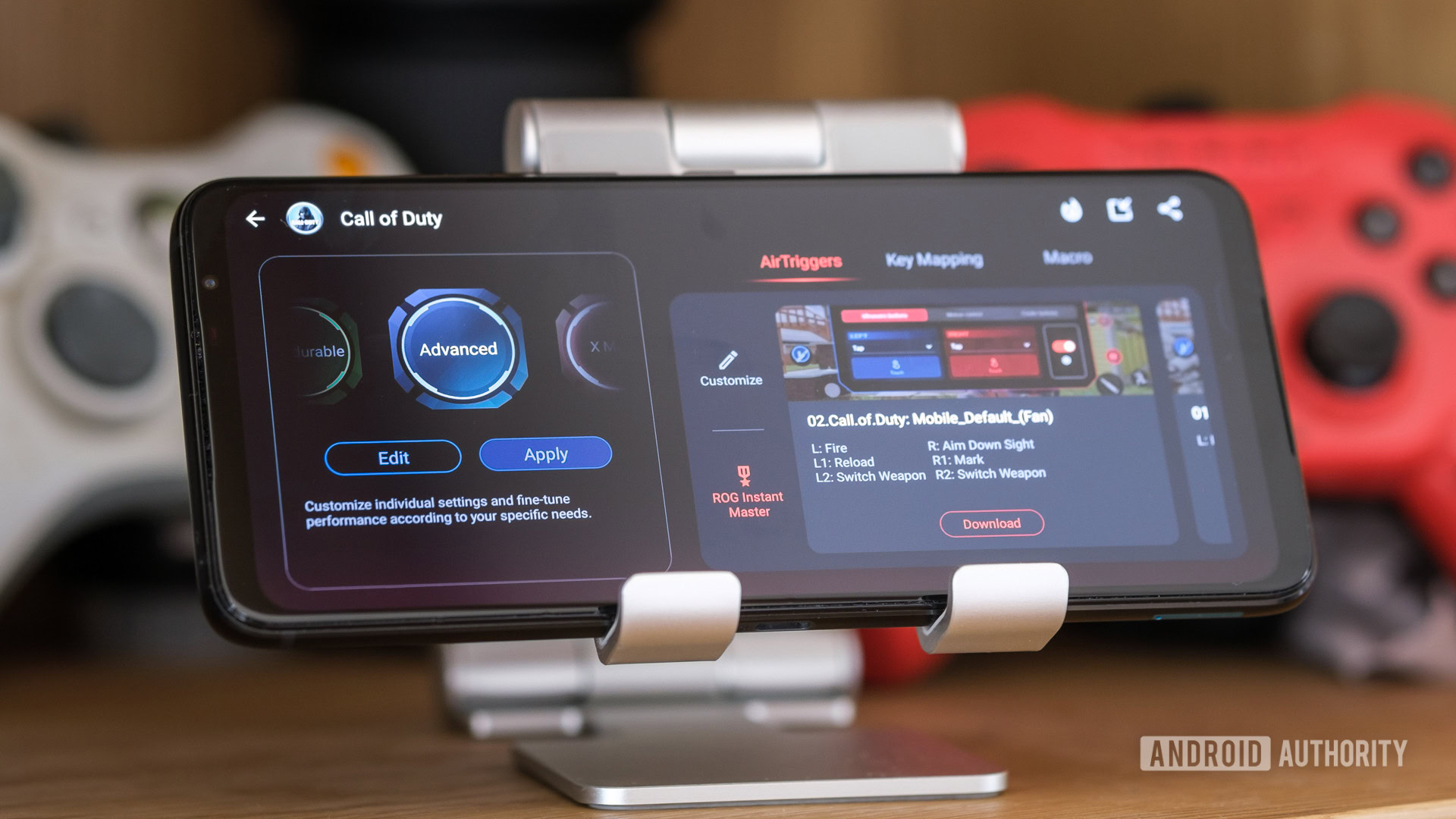
If you’re absolutely going to use these extra features, a gaming smartphone could be just what you’re looking for. However, these handsets come with their own set of compromises too. Focus on the gaming details often means you’ll have to trade in camera capabilities and quality, plus features like wireless charging and strong IP ratings — and the aesthetics are far from inconspicuous.
Gaming phones are built to do one thing very well, whereas mainstream flagships are jacks of all trades. Picking the right phone depends on where your priorities lie; chasing maximum gaming performance or sacrificing a few frames for a more rounded smartphone experience.
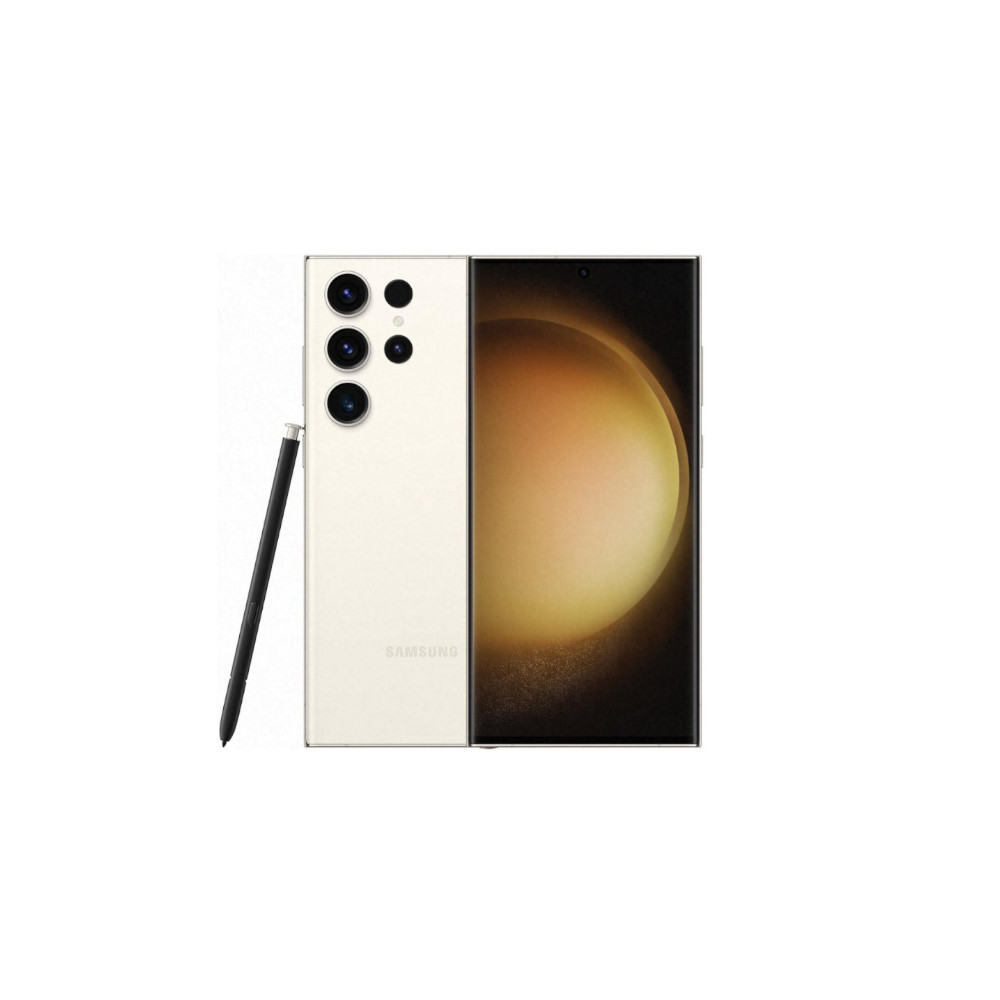
Beautiful display
S Pen functionality
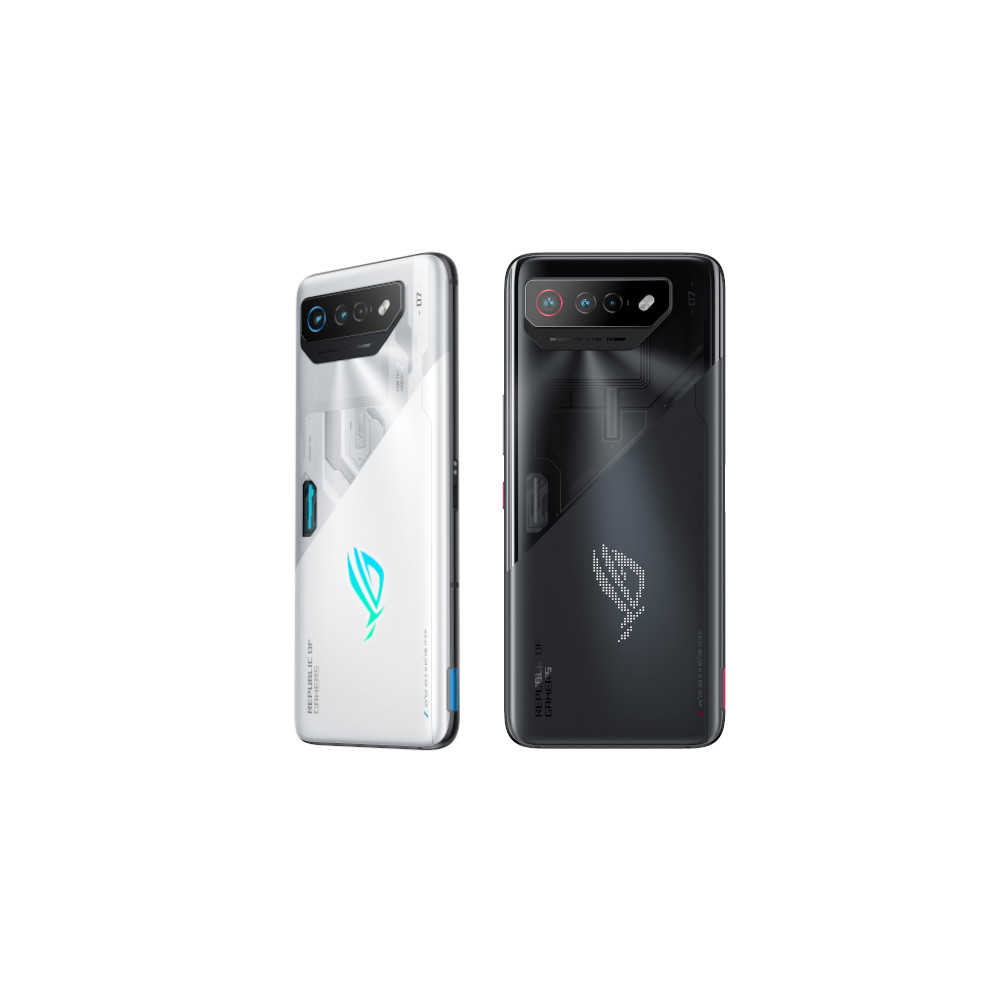
Elite gaming features
Excellent battery life

Packing with gaming features
Bundled cooler
Gaming phone FAQs
Gaming phones are built to offer maximum performance, extra battery life, and gaming-oriented software. In contrast, normal phones cater to a broader range of features, such as photography, water resistance, and conveniences like wireless charging.
Keep an eye out for high-end specifications like the latest processor, high-end RAM, fast storage, and a robust cooling solution. You may also want to look into gaming-specific features, like macro, screen capture, and performance optimization options.
A gaming phone might offer additional performance, customization features, and gaming community tools than a normal phone. However, many normal phones offer similar features, too, albeit not quite as granular.
Thank you for being part of our community. Read our Comment Policy before posting.